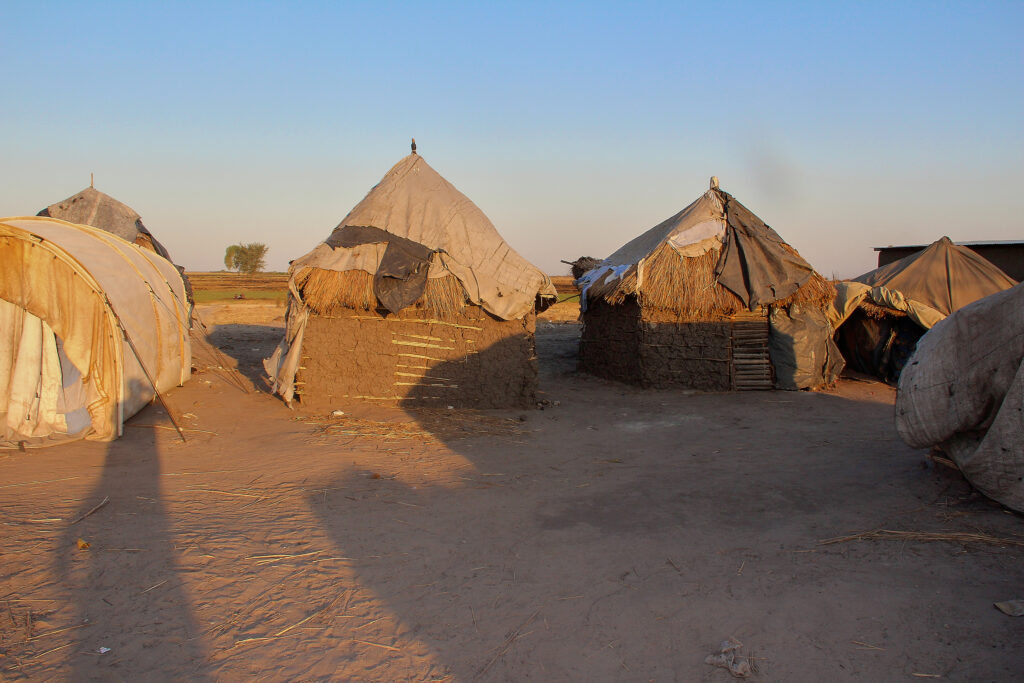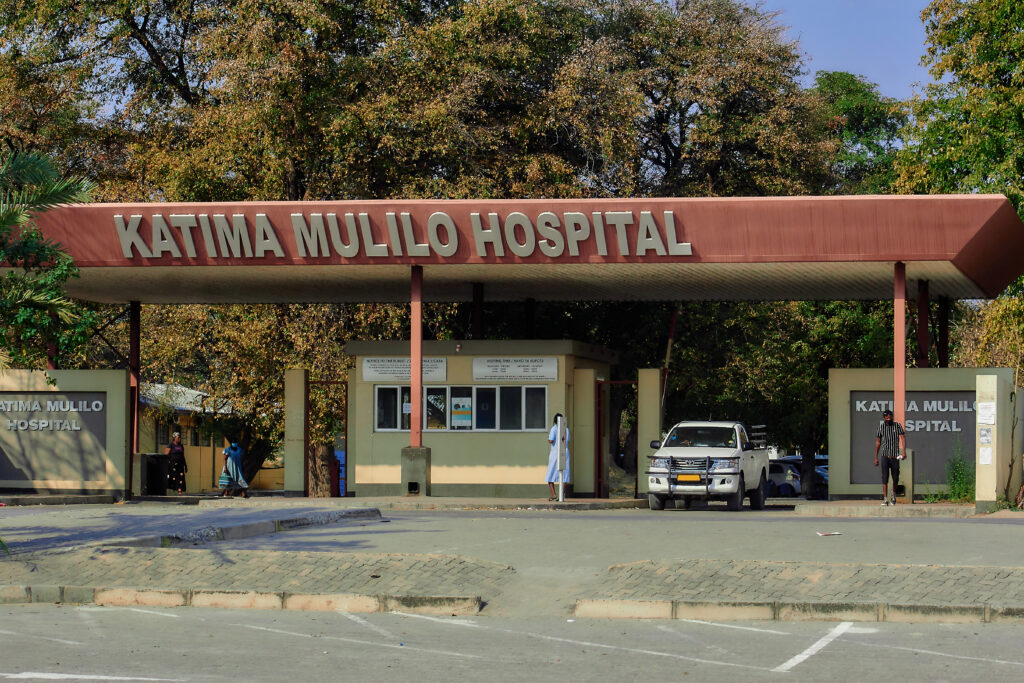- Rosemary Nalisa
Teachers at several secondary schools in the Zambezi region have termed the teenage pregnancy situation as a “time-bomb” that needs to be remedied as soon as possible before it completely explodes. A teacher who spoke on condition of anonymity pointed to unsupervised makeshift hostels – dubbed ‘home service’ – and poverty as contributing factors.
This teacher claims his school usually records between four to six teenage pregnancies among the 17 to 18 year olds on a yearly basis. “What is heart-breaking is the fact that most of the girls give birth during or just before the start of the exams, thus preventing them from sitting for exams. Those allowed to sit, do that under very difficult health conditions,” he says.
He adds that the school has had several incidents where girls had to be rushed to the clinic or hospital by the teachers when they go into labour; at times this happens during school hours. The pregnant girls also have to be excused from attending classes on some days to attend ante-natal services and lose out on teaching time and the opportunity to get good grades. “We have become midwives to these kids because we now have the responsibility of ensuring that the pregnant girl is well looked after by encouraging them to attend ante-natal services, being exempted from some of the strenuous school activities as well as being ready for any eventuality that might occur, while she is in the makeshift hostel or at school.”
The teacher further lamented that some of the young mothers are unable to return to school after delivery because of challenges at home, such as lack of proper care and means to give supplementary feeding to the baby. He added that the situation is not only affecting the girls, but the whole learning environment, from low pass grades to disruption in teaching and extra-mural activities.
He welcomed the great strides made with the implementation of learner pregnancy policy, which allows learners who are mothers to return to school. However, he called for more programmes aimed at reducing teenage pregnancies by including the girl- and boy-child. “We have not experienced any serious cases of stigma in the school environment, but our worry is the fact that the situation is slowly being deemed as normal in the society for children as young as 16 to be carrying a pregnancy or a baby on their backs.”
The teacher also expressed concern at the policy on teenage pregnancy which limits the teachers’ mandate on handling a boy-child who has impregnated a girl. The policy leaves this responsibility to the girls’ parents and, according to him, has at times created a perception that the boys are exempted from the consequences of pregnancy.
Equally worried is John Likando, the Councillor for the Kabbe South Constituency, about 90 kilometres from the region’s capital of Katima Mulilo. His constituency hosts many of the makeshift hostel facilities due to the long distances between schools, and separation of higher primary schools and secondary schools. The situation has led to children being forced to choose between walking 10 kilometres or more to a secondary school every day, or to erecting a ‘home service’ shack near the school.

Likando says the situation is a major obstacle to the education of the girl-child and all stakeholders need to start looking at constructing proper and supervised official hostel facilities for the learners, if the region is to overcome the problem, and improve education and learners’ results in the region. He says all stakeholders, including the government, have to continue discussing the issue of eliminating these facilities, to prevent the problem from escalating.
The Councillor adds that many of these young mothers end up looking for protection or financial support, which many parents are unable to give. He bemoaned the lack of properly coordinated programmes at schools and health facilities, noting that not enough is being done to sensitise learners, their parents and the teachers – and that rising numbers of teenage pregnancies are evidence to that. He also noted that the lack of attention given to the boys who become parents amounts to discrimination, which needs to be addressed by amending the learner pregnancy policy.

He also lashed out at some parents who are normalising the issue just because the girls are given a chance to go back to school, noting that the current teenage pregnancy challenge is not conducive for teaching and learning, and thus needs to be nipped in the bud.
Returning to school isn’t easy
Yolanda Lisho is the Chief Social Worker at the Zambezi Health Directorate and she has witnessed first-hand the plight of pregnant teenage girls. According to Lisho, the young girls who fall pregnant whilst at school face stigma; they are shamed by their peers, the community as well as their caregivers, and the situation has led to suicidal ideation at times. “Emotional distress due to the overwhelming responsibility of becoming a mother at a young age is a big problem, while most girls become single mothers due to absent fathers and they in the process develop psychosomatic problems.”
Lisho also identified loss of livelihood as a major challenge for many of the girls, especially when they are from vulnerable backgrounds, such as being an orphan. She says that the girls are left with no choice but to drop out of school to care for the baby and in most cases they do not return back to school due to lack of a good support system, such as caregivers or family members to assist with taking care of the child.
The possibility of malnutrition among babies of teenage mothers is another aspect that many caregivers have highlighted, due in some part to a lack of financial support. Lisho echoed the sentiment, noting that this puts the baby at risk of malnutrition due to the young mother (or her immediate family) having no means to support herself, feed the baby ,and ensure that all the basic needs of the baby are met.
The possibility of malnutrition among babies of teenage mothers is another aspect that many caregivers have highlighted, due in some part to a lack of financial support.
According to Lisho, the Department of Social Services provides counselling to affected young girls, to help them cope with the responsibilities of becoming young mothers. Other services include health education, community dialogues on sexual reproductive health, strengthening approaches to family planning and effective parenting. She noted that the girls are screened to determine if there is any possibility that the young mothers are pregnant as a result of statutory rape, and such cases are referred to the Gender Based Violence Division for further management. (It is, however, important to note that many cases of rape go unreported.) The office gives support to special cases such as vulnerable young girls with no family support, as well as providing infant formula and other essentials to minimise the risk of malnutrition.
Rosemary Nalisa is a communications consultant and freelance journalist. Contact her at rosemarynalisa@gmail.com.
Cover image by Muyowe Photography